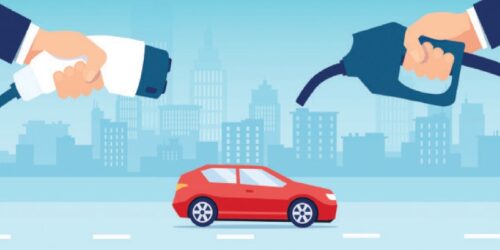The debate over the new auto policy, which will determine the government’s plans about which route — electric or hybrid — it intends to take for developing the automotive industry and reducing carbon emissions and fuel imports from now onwards, is getting a bit intense.
The government has already approved and announced its electric vehicle (EV) policy for the next five years, allowing significant tax concessions for potential Chinese investors intending to set up their assembly plants in Pakistan. This has prompted existing Japanese manufacturers to demand more or less the same incentives for their hybrid technology in the new Automotive Industry Development and Export Policy (AIDEP) 2021/26 being formulated by the Engineering Development Board (EDB).
While certain federal ministers, including Hammad Azhar, Fawad Chaudhry and Malik Amin Aslam, are ambitiously pushing electric technology, the auto parts industry and the EDB seem to be anchoring for the inclusion of concessions in the next AIDEP 2026 policy for encouraging hybrid technology.
The tax incentives for electric car assemblers include one per cent customs duty/federal excise duty on new technology parts such as batteries, motors and other electric parts, 10pc on all non-localised CKD (completely knocked down) parts and 25pc on all localised CKD parts. Sales tax on EVs has been cut from standard 17pc to 1pc.
The hybrid car manufacturers are also demanding the same customs duty/federal excise duty concessions. Besides, they are asking for a reduction in sales tax from 17pc to 8.5pc, which is still much higher than 1pc allowed for electric vehicles.
These concessions have prompted several Chinese automotive companies to start looking at the Pakistani market for bringing their electric cars to Pakistan, with calls from some for additional incentives for local production of new technology parts. Official sources told Dawn that the Chinese government is also pushing Islamabad in support of its car manufacturers, who are opposing tax concessions for the hybrid technology as it will out them from the market in spite of incentives given to the electric vehicular technology.







